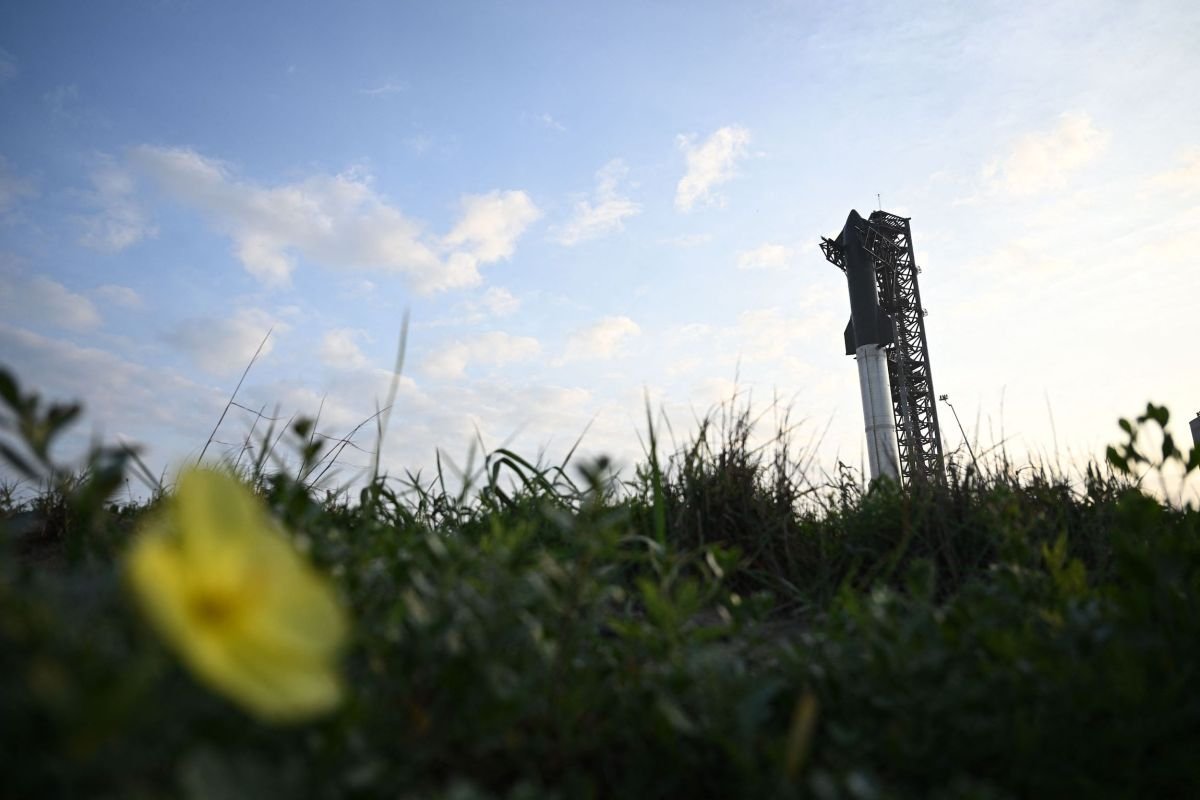The coalition, which includes the Sierra Club and Texas Environmental Justice Advocacy Services (TEJAS), accuses the FAA of failing to take into account risks posed by rocket launches that could impact air quality in southeast Texas. The lawsuit also asks the court to compel the FAA to conduct a full environmental assessment of SpaceX’s launch plans, as required by law.
This lawsuit comes on the heels of a similar one filed last year by TEJAS and other advocacy groups protesting SpaceX’s proposed launch site at Boca Chica Beach State Park. In that case, too, TEJAS argued that an inadequate environmental assessment had led to insufficient protection for sensitive coastal resources.
SpaceX is currently facing a lawsuit from the US Forest Service, claiming that the company’s plans to launch Starship multiple times a year will have detrimental environmental effects on the surrounding area. The suit claims that SpaceX has not conducted an adequate analysis of the impacts of repeated launches, and that mitigating measures required by the FAA are not enough to offset or even fully understand the full effects of these launches. SpaceX has defended its plan, saying that it will use advanced technologies to prevent damage to forests and wildlife, and that any environmentalimpact will be minimal.
SpaceX, the company behind the Starship rocket, has been grounded by the FAA after an investigation into an April 20th flight test that ended in a mid-air explosion. The suit is asking the court to rescind SpaceX’s launch license to fly the rocket altogether until a full environmental assessment is complete.
SpaceX’s Starbase, located in southeast Texas near Brazos Island State Park and Boca Chica State Park, is situated adjacent to Lower Rio Grande Valley National Wildlife Refuge which houses a significant number of federally protected bird and animal species. The launch site has come under fire for the potential disturbance of sensitive wildlife populations, something that SpaceX has stated it plans to avoid at all costs.
The government has come under fire for releasing pictures of the aftermath of the Starship testing disaster, in which a massive explosion occurred mid-air and left debris strewn across hundreds of acres. Citizens are unhappy with how little information is being released about the incident, and feel as if their safety is not importance to government officials.
The group alleges that the FAA’s analysis did not take into account the potential effects of anomalies, which they say could lead to injuries or even deaths. SpaceX is also not required to take measures like static fire tests in order to mitigate the risks of an anomaly from occurring, according to the group.
The lawyers argue that the FAA decided to conduct a “ considerably less thorough analysis” of SpaceX’s Starship launch program because SpaceX prefers that method over an EIS, which would have taken longer and may have jeopardized the project. The decision allows for the project to move ahead more quickly and with fewer risks, according to lawyers representing NASA and SpaceX.
Some small community members in the area were not pleased with SpaceX’s plans and voiced their discontent through a variety of media outlets. The dissenting parties argue that an EIS is necessary in order to properly assess and manage the environmental impacts of the proposed rocket launch, as well as to determine any potential health and safety risks. Despite these objections, SpaceX claims that it has implemented numerous mitigating measures which will minimize any potential negative impacts on local residents.
Without an EIS, the city could not assess the potential environmental impacts of building a stadium on publicly-owned land. The National Environment Policy Act requires agencies like the city to review environmental impacts before issuing permits and other major actions. Failing to conduct an EIS violates this law, which could result in major consequences for the city.
The plaintiffs allege that the Kinder Morgan oil pipeline would impact endangered species and could contaminate water supplies in central Texas. They are asking a federal court to force the company to abandon its plans.
In recent months, SpaceX has faced mounting legal pressure over its plans to launch a revolutionary new spacecraft called the Falcon Heavy. TheEnvironmental Defense Fund, the Center for Biological Diversity, and two other groups filed suit Monday in an attempt to block SpaceX from launching without first obtaining a license from the Federal Aviation Administration.
While under federal law the groups could not file suit until after the FAA issued the launch license to SpaceX, under D.C. circuit law they could have filed as early as February 26th. The case is set for oral arguments in April 2019.
The SpaceX CEO’s tweet suggests that the company’s Falcon 9 rocket launch earlier this week did not cause significant environmental damage. While it is too early to say for certain, there does not appear to have been any major environmental consequences from the launch.
The plaintiff’s complaint alleges that the defendants engaged in a pattern and practice of discrimination against Hispanic employees. The plaintiffs claim that they were not given equal opportunities for advancement








